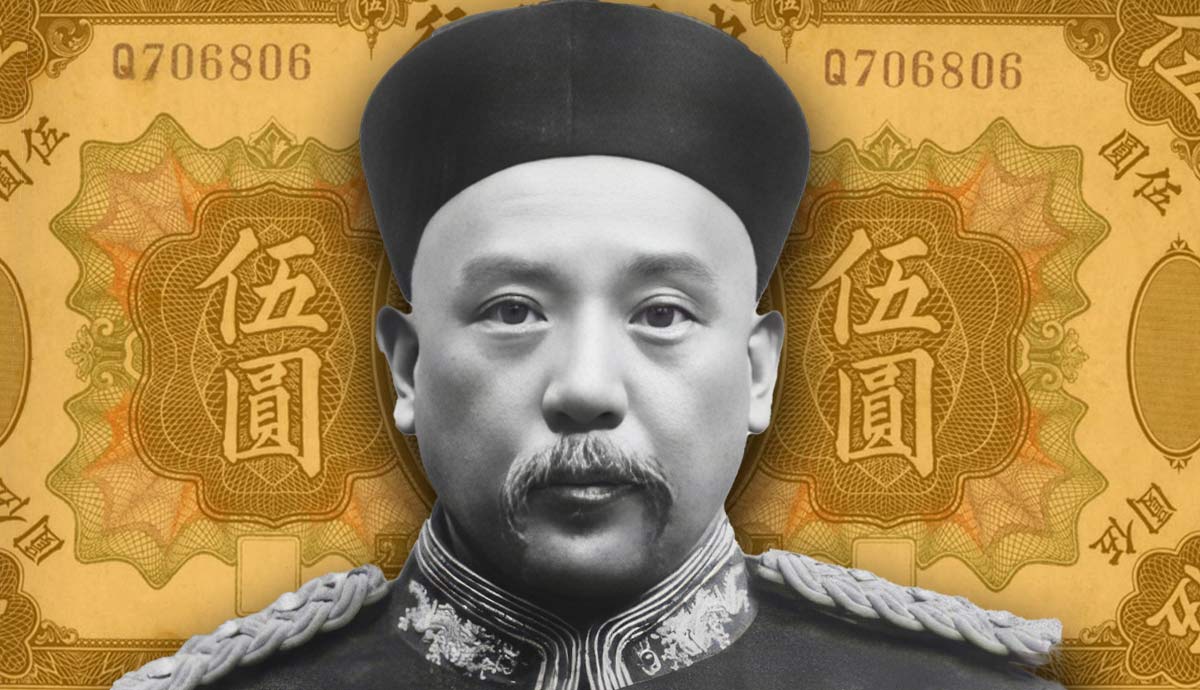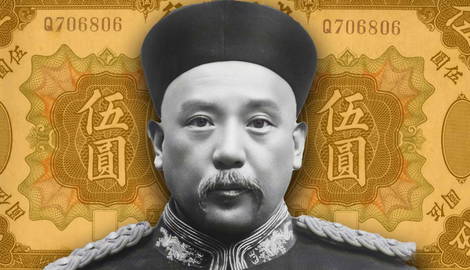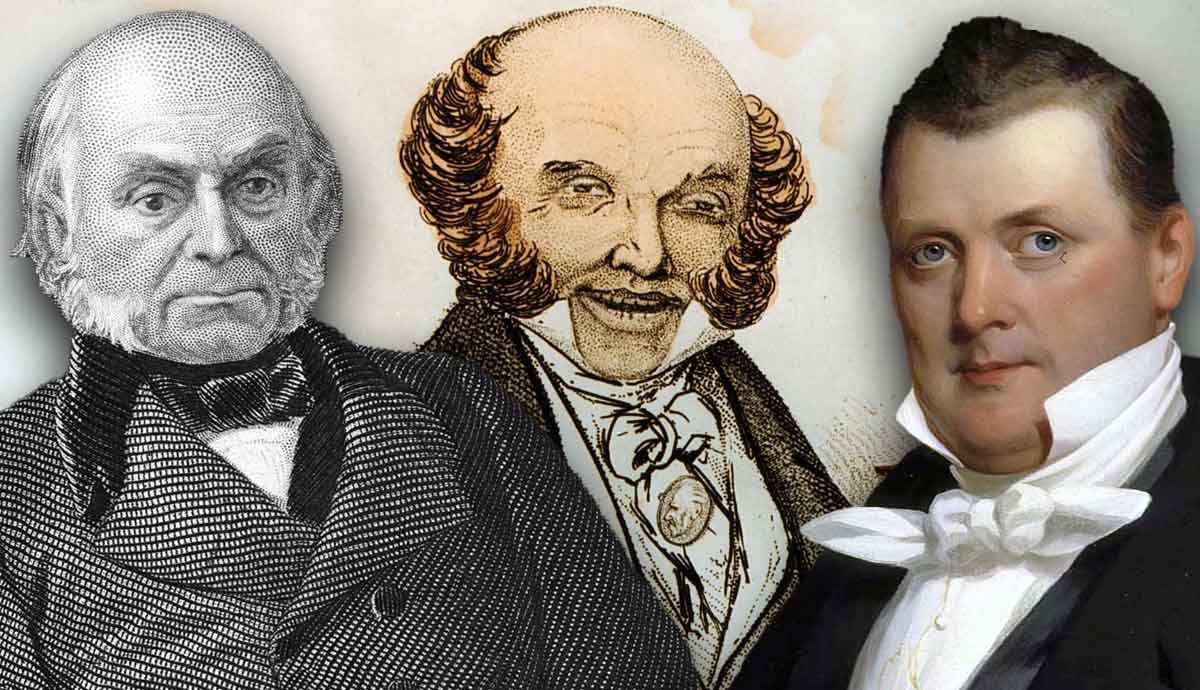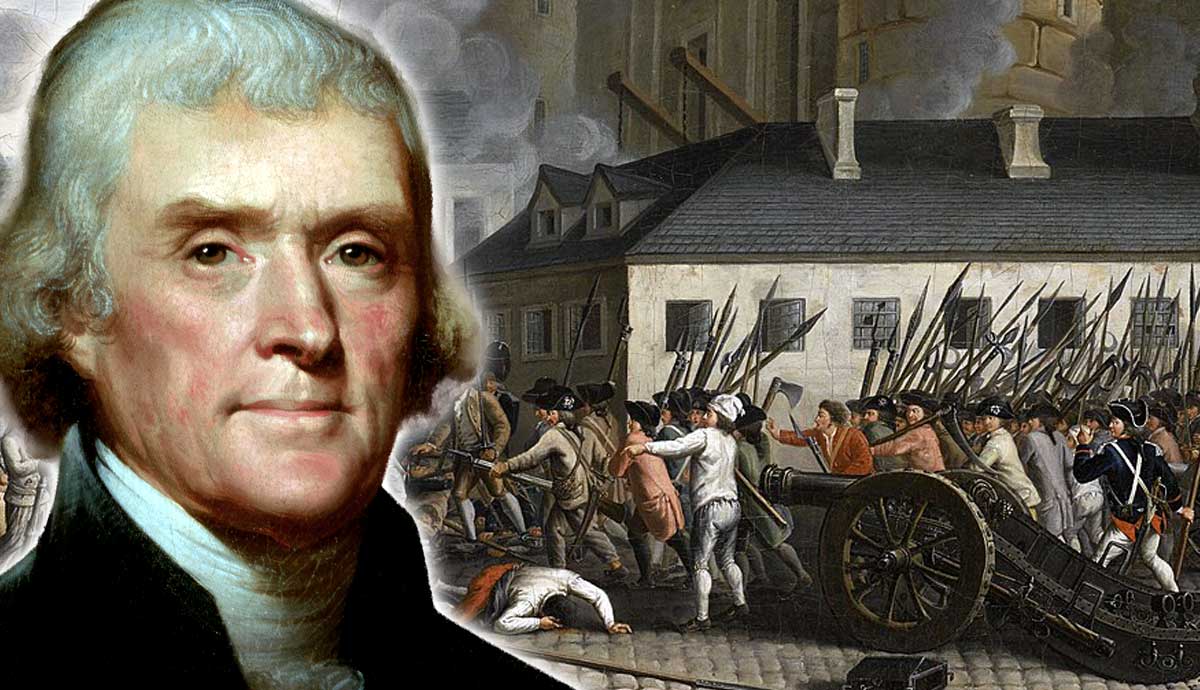
Yuan Shikai is one of the most controversial figures in the history of modern China. Riding the coattails of the general and statesman Li Hongzhang, Yuan built an expansive patronage network that enabled him to control the Chinese military at the turn of the 20th century. His decision to cut a deal with nationalist revolutionaries in 1911 sounded the death knell for the Qing Empire, but he quickly rode roughshod over democratic norms to consolidate his power and even attempted to restore imperial government shortly before his death.
“The Hongxian Emperor”

On December 31, 1915, Yuan Shikai, the first president of the Republic of China, restored the monarchy and proclaimed the Hongxian (Grand Constitution) Era. He argued that he was acting according to the will of the people after receiving unanimous support from the 1,993 members of the National Representative Assembly he convened a few weeks earlier.
As president, Yuan had aggressively centralized power, dissolving Congress in January 1914 and adopting a constitution in May that gave him control over the executive, legislature, and judiciary. Despite his dictatorial powers, Yuan was initially reluctant to restore the monarchy. He was convinced to do so primarily by his advisor Yang Du, who argued that monarchy was consistent with Chinese political traditions and that constitutional monarchy was essential for the modernization of China. The monarchists organized a petition campaign among different social groups to give the impression of widespread popular support.
Yuan’s restoration of the empire was instead met with widespread condemnation. The Nationalist Party (KMT) claimed that Yuan had agreed to Japan’s humiliating Twenty-One Demands in exchange for Japanese diplomatic support for his imperial ambitions. Many of Yuan’s close associates in the army were adamantly opposed, as was Yuan’s erstwhile political ally Liang Qichao, who organized armed opposition to Yuan in Yunnan province in southwestern China. During the bloody armed struggle, many of Yuan’s generals urged him to renounce his imperial title. In order to maintain what remained of his authority, Yuan formally renounced the throne on March 23, 1916, after a “reign” of 83 days.
Li Hongzhang’s Protégé

Yuan Shikai was born on September 16, 1859 to a prominent family in Henan province. At the time, the Qing Empire in China was in internal turmoil, facing both the Nian and Taiping rebellions. Although his ancestors rose to high office through the Civil Service Examination and Yuan’s family hired distinguished scholars to tutor him, Yuan sat the exams in 1876 and 1879 and failed on both occasions.
Nevertheless, Yuan demonstrated his abilities as a leader and administrator while organizing disaster relief efforts in his home region. After witnessing the suffering of the people, Yuan was determined to serve the country in the interests of the common people. After failing the examinations for a second time, Yuan suffered an emotional breakdown in 1881 and joined Wu Changqing’s army in Shandong province. Wu’s men had been at the core of Li Hongzhang’s Huai Army, which had helped suppress the Taiping Rebellion two decades earlier.
In August 1882, Yuan was one of 3,000 men who accompanied Wu to Korea, a longstanding tributary of China, where tensions between conservative and modernizing factions at court spilled into open warfare. As Wu’s men took control of the Korean government, Yuan played a key role in identifying a landing site for the army and was tasked with disciplining troops who attacked civilians and damaged their property. His exploits came to the attention of Li Hongzhang, who was effectively in charge of Qing foreign policy. At Li’s recommendation, Yuan was promoted to official of the Fifth Rank.

Benefiting from Li Hongzhang’s patronage, Yuan supervised the modernization of the Korean Army and was appointed China’s senior military and diplomatic representative in Korea in 1884, just three years after he joined the army as a common soldier. In December 1884, he suppressed a coup by pro-Japanese modernizers by marching his men into the palace and bringing King Gojong (emperor in 1897-1907) to safety. Yuan’s actions protected Chinese interests in Korea and enabled him to be a close confidant of the Korean monarch.
Yuan returned to China in 1885, while China and Japan signed a treaty to withdraw troops from the peninsula. However, at the end of the year, he returned to Korea as Imperial Commissioner and remained in Seoul for the next nine years. At a time when the Korean court sought to exert its independence from China, Yuan worked to maintain the existing tributary relationship and to deter Gojong from moving closer to Japan or Russia. He continued to be closely associated with Li Hongzhang, who promoted him to Second Rank official in 1893.
In 1894, Japanese troops entered Korea under the pretext of protecting its legation from a peasant rebellion. Contrary to Yuan’s expectations, the Japanese continued to send troops after the rebellion was suppressed. Yuan’s calls for the Japanese to withdraw went unheeded, and in July 1894, he was recalled to China. The Qing court officially declared war on Japan on August 1, marking the beginning of the First Sino-Japanese War. Chinese armies were routed not only in Korea but also in Manchuria. As a result, Li Hongzhang’s policy, which Yuan diligently implemented in Korea, was in ruins.
Military Reformer

Defeat in the Sino-Japanese War was a national humiliation for China. Based on his observations while serving as a staff officer during the war, Yuan Shikai believed that the Chinese army required urgent modernization. On December 8, 1895, Emperor Guangxu appointed Yuan as commander of the New Army.
From his base at Xiaozhan near Tianjin, Yuan pursued a military reform program inspired by the German military system. While Yuan hired German military instructors, he was keen to ensure they remained under his direction. These German officers helped to procure modern arms and equipment for Yuan’s small force. Yuan recognized that modern arms alone do not make a modern army and sent aspiring officers to study in Germany and Japan. He replaced old and unfit men with younger recruits, doubling the size of his command to 10,000 men by 1899.
In addition to combat skills, Yuan’s new recruits were taught how to march and maneuver in formation. He frequently held mock battles with real weapons and ammunition to test his men’s abilities. He introduced harsh punishments for misconduct but was prepared to be lenient to give his men a chance to improve.
While Yuan’s training methods were praised by European observers, it is impossible to evaluate their effectiveness since the army was never tested in war. Nevertheless, Yuan’s leadership of his New Army had a profound impact on Chinese history, and several of his senior officers would become warlords in the power struggle that followed his death. Yuan’s close circle included four future presidents, including Yuan himself, and six prime ministers.
Reform and Reaction

While Yuan was implementing his military reforms, he sympathized with the political reform movement led by Kang Youwei and Liang Qichao. Pointing to Japan, he believed political modernization was the only way to secure China’s interests from Western colonial powers. Like Kang and Liang, he felt the old Confucian examination system had outlived its usefulness, but he was wary of rapid reform through imperial decrees. He preferred a more gradual program that would see reforms implemented at a provincial level before being introduced nationwide.
While Yuan’s political objectives were aligned with the reformers, his political temperament resembled that of the conservatives. Yuan found himself in a difficult position when the Guangxu Emperor empowered Kang and Liang by initiating what was subsequently known as the Hundred Days Reform in June 1898. A few days later, Yuan was promoted to ministerial rank, while court conservatives mobilized loyal troops in Beijing.
According to the traditional account, when the reformer Tan Sitong presented Yuan with a secret edict from the emperor asking him to come to Beijing to eliminate the conservatives, Yuan betrayed the plot to Ronglu, the conservative war minister. Ronglu informed Empress Dowager Cixi, who seized power as regent and confined the emperor to house arrest.
Yuan’s biographer, Patrick Fuliang Shan, rejects this narrative (Shan, 2018, pp. 82-84) and argues that while Yuan refused to act in June because he believed the edict was faked, by the time Yuan revealed the plot to Ronglu, Cixi’s coup of September 21 had already taken place. However, Yuan’s information may have encouraged the dowager to execute six leading reformers, including Tan Sitong.
Imperial Minister

While Cixi and the conservatives quickly separated Yuan from his New Army, he continued to serve in high positions. As governor of Shandong province between 1899 and 1901, Yuan effectively suppressed the Boxer Uprising while ensuring that the forces of the Eight-Nation Alliance did not enter the province.
After the armies of the Eight-Nation Alliance captured Beijing and forced Cixi to adopt a reformist policy, Yuan played a key role in the new government. In November 1901, he was appointed imperial minister and viceroy of Zhili (Hebei) province, succeeding his late mentor Li Hongzhang. In 1902, he established the first modern police force in Tianjin to take over from the foreign authorities, keeping order after the Boxer Rebellion.
Yuan pursued wide-ranging reforms, petitioning for the abolition of the civil service examination system and establishing a three-tier Western-style educational system that prioritized mathematics, sciences, and foreign languages. He stimulated the economy by encouraging the adoption of new technologies and reducing taxes on merchants.
Yuan was allowed to resume his military reform program. His New Army formed the core of the Beiyang Army, and by 1906, he was effectively commander-in-chief and minister of war. In September 1907, Yuan became foreign minister and attempted to defend Chinese interests while acknowledging the rights of foreign powers under the unequal treaties.
On November 15, 1908, Empress Dowager Cixi died of illness at the age of 72. A day earlier, the Guangxu Emperor had died unexpectedly and was succeeded by three-year-old Puyi. The child emperor’s father, Prince Chun, was a reformer who blamed Yuan for betraying the Hundred Day reformers and dismissed him from office in January 1909.
The Xinhai Revolution

Yuan languished in the political wilderness for almost three years at Zhangde (now Anyang) in northern Henan province but continued to maintain his relationships with officials. On October 10, nationalist revolutionaries launched the Wuchang Uprising in Hubei province. The Qing court believed that Yuan was the only person who could save the dynasty and ordered him to suppress the rebellion. After receiving assurances that he would be given sufficient military resources, Yuan left Zhangde on October 30.
Yuan quickly moved to attack the revolutionaries in Wuhan, a conglomeration of the cities of Wuchang, Hanyang, and Hankou. His capture of Hankou on November 3 led to his appointment as premier, while Prince Chun was ousted from power. Although Yuan followed up by taking Hanyang at the end of the month, he was appalled by the loss of Chinese blood on both sides and suspended further attacks. Meanwhile, large parts of China had declared independence from the Qing government, and the Western powers increased their military presence in the empire.
With the government almost bankrupt, Yuan decided to negotiate. Revolutionary leader Sun Yat-Sen offered Yuan the presidency if the latter abandoned the Qing. While Yuan favored a constitutional monarchy and was reluctant to concede to Sun’s terms, the latter set up a rival republican government in Nanjing in January 1912. Fearing a permanent split between North and South, Yuan raised the issue of abdication to Empress Dowager Longyu on January 16, and the Qing dynasty came to an end with the six-year-old Puyi’s abdication on February 12.
The First Chinese President

Yuan was elected provisional president by the Nanjing Senate on February 14, 1912. While Yuan agreed to Sun’s condition for the capital to be in Nanjing, Beiyang Army soldiers rioted in cities across northern China. While Yuan was not personally involved, his close subordinate Cao Kun and his son Yuan Keding instigated the mutiny, giving Yuan an excuse to remain in Beijing, where he was sworn in on March 10.
During his first year in office, Yuan enjoyed widespread support and was hailed as China’s George Washington in both the Chinese and international press. He promoted freedom of religion and the equality of China’s major ethnic groups, adopted the Gregorian Calendar, instituted new civil service exams, and supported the growth of industry. Yuan preferred a powerful presidency and sought to centralize power by dismantling the revolutionary army and separating military and civil power in the provinces.
While Yuan refused to join any political party, he gradually aligned himself with Liang Qichao’s Constitutionalists against Sun Yat-Sen’s Nationalists. After the first congressional elections were held in the winter of 1912-13, the Nationalists emerged with a large majority. On March 20, 1913, the Nationalist parliamentary leader Song Jiaoren was mortally wounded by an assassin in Shanghai. The Nationalists blamed Yuan and launched a Second Revolution in July. Yuan mobilized his army and suppressed the revolution by capturing Nanjing on September 1, and in October, he was formally elected president. This watershed moment strengthened Yuan’s authoritarian tendencies, which ultimately led to his ill-fated restoration of the imperial government.
Yuan Shikai’s Death and Legacy

Yuan’s decision to abandon his imperial ambitions in March 1916 did nothing to end the national crisis. He now faced calls to step down as president, and many southern provinces declared independence from his government. Faced with almost unanimous opposition, Yuan’s physical and mental health rapidly declined, and he died of uremia on June 6, 1916 at the age of 56.
In his will, Yuan recommended Vice President Li Yuanhong as his successor. Since Li was acceptable to Yuan’s opponents, his appointment brought an end to the national crisis. However, political turmoil soon returned to China during the Warlord Era. During this period, several of Yuan’s former subordinates fought each other for control of the government in Beijing, while the Nationalists again set up a rival government in Nanjing.
For much of the 20th century, Yuan Shikai’s dictatorial tendencies and his ill-advised decision to make himself emperor have made him a villain in China for betraying the 1911 revolution. He is also blamed for building a private army from which many power-hungry warlords emerged to devastate the country in the 1920s.
At the turn of the 21st century, Yuan Shikai’s reputation has improved as scholars have reappraised his decision-making in the context of new evidence. They argue that while Yuan was a conservative who would have preferred to preserve the Qing Empire, he was an effective administrator in challenging circumstances and a reformer who took important steps to modernize China as an imperial minister and president.
References
Shan, P.F. (2018). Yuan Shikai: A Reappraisal (Contemporary Chinese Studies). UBC Press.










